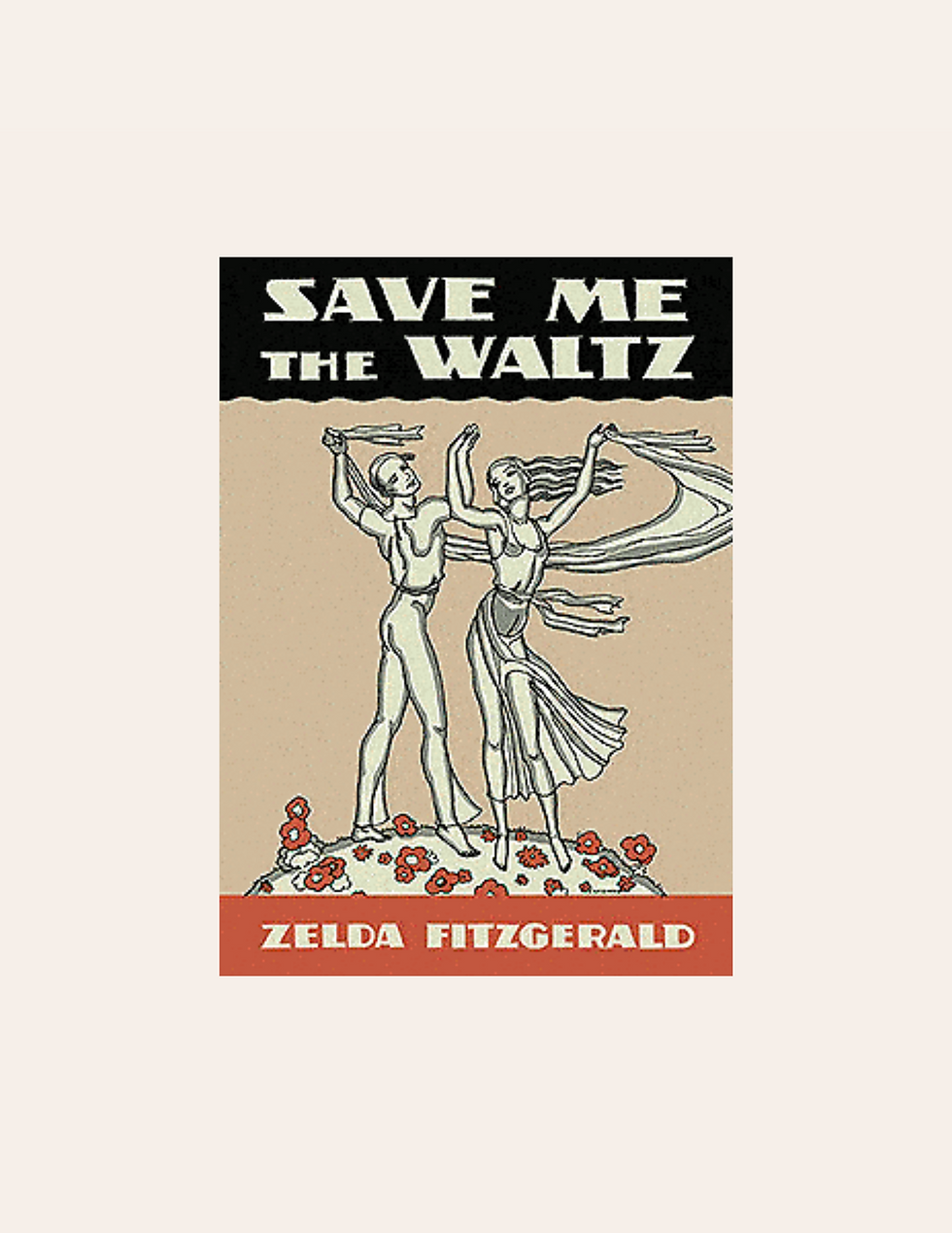Margarete Steffin
- tabitharandlett1
- Apr 8, 2025
- 3 min read
Updated: Apr 22, 2025
Margarete Steffin was a German actress, writer, and translator. Born into a working-class family in Rummelsburg, she left school at fourteen to support her family. Despite the barriers imposed by her social class and gender, Steffin possessed a remarkable intellect and a deep passion for literature and theater.

In 1931, during theater rehearsals, she met Bertolt Brecht, a renowned playwright. This encounter marked the beginning of a complex and deeply exploitative professional and personal relationship. Their collaboration quickly turned into an intense affair.

Though celebrated as a great in the theater community, Brecht’s success was built on the labor of silenced women. He developed a pattern of seducing and manipulating talented women, making false promises of marriage and recognition in exchange for their intellectual contributions— only to pass their work off as his own. Despite being married, Brecht presented Steffin with a ring and insisted she wear it, binding her to him under the illusion of commitment. In total, he persuaded her to author at least eight of his works while he took sole credit. Experts argue that Steffin was the true writer of Mother Courage and Her Children, The Good Person of Szechwan, Life of Galileo, The Caucasian Chalk Circle, The Resistible Rise of Arturo Ui, and most likely significant portions of others. Not only did the original manuscripts match Steffin’s writings and were penned in her handwriting but were influenced by French texts— particularly significant as Brecht himself did not read French.

While Steffin was perhaps Brecht’s most significant victim, she was far from the only one. Other women, including Elisabeth Hauptmann, Ruth Berlau, and Marieluise Fleißer, also saw their literary and theatrical contributions erased, their work consumed by Brecht’s insatiable ambition. In total, it is estimated that 80 percent of the work assigned to Brecht was miscredited.
Beyond intellectual theft, Brecht’s relationships inflicted deep emotional and financial harm. Brecht often held affairs with multiple women simultaneously, subjecting his partners to psychological distress while ensuring they remained financially dependent on him. Despite the tremendous profits generated by the works these women helped create, Brecht retained full control over the earnings, leaving his mistresses without financial autonomy.

For Steffin, this exploitation was particularly devastating. Weakened from a long-term struggle with Tuberculosis and suffering from the physical toll of multiple dangerous abortions, Steffin was incredibly vulnerable and weak. She became increasingly dependent on Brecht. Yet, rather than offering support, he withheld the money she desperately needed for medical treatment, prolonging her suffering. Even as she was hospitalized with her health in rapid decline, Brecht continued to demand work from her, pushing her to exhaustion until her death in 1941. Adding to the cruelty, after her passing, Brecht even battled Steffin’s family out of the small inheritance she left behind.
In 1935, Steffin heartbreakingly confessed,
“I love him so much that I’ll die of it.”
And in the end, she did.
Sources
Mother Courage and Her Children cover. 1972. AbeBooks.
Baltic Sea Library. (n.d.). Steffin, Margarete.
FemBio. (n.d.). Margarete Steffin.
Fountain, C. (2023, January 27). Colette revolutionized French literature with her frank depictions of female desire. Smithsonian Magazine.
Fuegi, John. 2002. Brecht and Company: Sex, Poliitcs, and the making of the Modern Drama. New York: Grove Press.
Häntzschel, Hiltrud. 2003. Brechts Frauen. Hamburg: Rowohlt Taschenbuch Verlag.
Isenberg, N. (2017, November 15). Bertolt Brecht: Poet of Ill Tidings. The Nation.
Raking Light Translations. (n.d.). Steffin.
Tyra, Allison. Uncredited: Women’s Overlooked, Misattributed and Stolen Work. Rising Action, 2025.



Comments